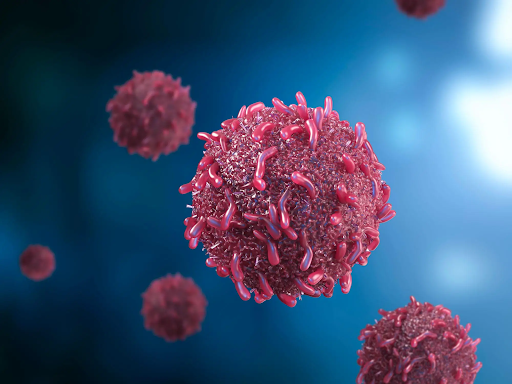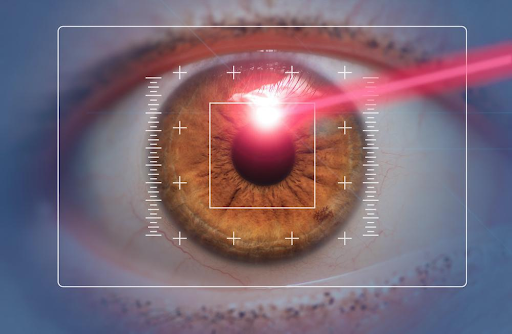
A cure denotes the completion of all necessary treatments, the cessation of further therapy, and the absence of the likelihood of the cancer returning. A doctor rarely has complete assurance that cancer won’t return. It typically takes time to determine whether the cancer will return. However, a person’s chances of remaining cancer-free for a longer period of time are improved.
Some individuals mistakenly believe that remission means the cancer has been cured. All cancer-related symptoms disappear, and no tests can detect cancer cells during a complete remission.
The cancer decreases but does not totally disappear during a partial remission.
Remissions might extend for a few days to several years. Depending on the cancer kind, treatment may or may not continue during a remission. Years may pass in complete remissions, and eventually it may be believed that the cancer has been cured. Another remission may be feasible with additional treatment if the cancer recurs. Even while cancer cannot currently be completely cured, many types can be effectively “cured” if discovered early.
Theoretically, stage 0 tumours like ductal carcinoma in situ (DCIS) are entirely curable. Acute lymphoblastic leukaemia in children is also referred to as “cured” by oncologists (specialists in cancer) due to the low chance of recurrence in adults following successful therapy.
Based on five-year survival rates, the following kinds of cancer are regarded as more “curable”:Aside from the fact that cancer is not one thing, other obstacles including the cancer’s tendency to change over time, resistance to therapies, and other difficulties continue to stand in the way of finding a cure.
Cancers Alter
Although it’s a common misconception, cancer is not an unchanging clone of aberrant cells. Cancerous cells are always evolving and picking up new mutations.
These additional mutations could result in the cancer developing new traits These additional changes could result in the tumour developing new traits, like the capacity to spread more easily. Additionally, epigenetic modifications—also known as non-genetic changes in cell behavior—occur. Mammary cancer
Melanoma
Thyrotoxic cancer
Bodkin lymphoma
ovarian cancer
Male sexual cancer
But there are also significant intricacies to this.
For instance, oestrogen receptor-positive stage 1 to stage 3 breast cancers are more likely to return five to ten years after diagnosis than they are in the first five years. Even decades later, recurrences do happen.
As there are more alternatives for controlling them than there are for other cancers, some malignancies may be considered to be more “treatable.” However, they are in some ways less “curable” than people who do not have hormone receptors.
Durable Reaction
The phrase “durable response” may occasionally be used when it seems long-term control of a metastatic malignancy can be attained or conceivable. This occurs most frequently in stage 4 tumours that respond to therapy, and immunotherapy medications seem to increase the likelihood of a long-lasting response.
Multiple Targets, One Goal
The fact that cancer is a complex disease contributes significantly to why it cannot currently be totally cured.
There are countless varieties of cancer, ranging from the all-too-common but relatively treatable non-melanoma skin tumours to the uncommon and severe Merkel cell carcinoma, a separate variety of skin cancer that is frequently fatal.
Even though two tumours share the same tissue type, subtype, and stage, they may nevertheless have sizable molecular variations that contribute to their different outcomes. Pharmacogenomics is a field of personalised medicine science that studies how a person’s genetic makeup affects how they respond to medications.
Additionally, cancer cells frequently devise means of evading immune system defences as well as treatmentsFor more than 200 years, several forms of cancer research have been conducted.
Despite the lack of a treatment, there has been significant advancement. When you have cancer, time may seem to be moving too slowly. But today’s therapy possibilities surpass those from even five years ago.
Many malignancies can now be found earlier because to improved medical knowledge. If one treatment doesn’t work, they have several options to try.
Researchers are becoming more aware of how distinct one type of cancer is from another as they learn more about it.
Scientists have discovered, for instance, that several types of breast cancer exist. There are four primary categories, and each has a unique course of treatment.
In order to create treatments to halt the disease, experts studying cancer are looking into factors such as what makes certain types of cancer grow. This includes therapies that use your body’s immune system to specifically target cancer cells as well as medications that interfere with how a cancer cell functions.
There has been a considerable improvement in results, to use medical jargon. This indicates that cancer-related deaths are declining, but the disease is still incurable.
What About Alternative or Natural Treatments?
It is wise to consider every treatment that can save your life or make you feel better, safely, until medical specialists find a cure for cancer. Additionally, talk to your doctor about all of your options.
For cancer hospital visit here: https://www.balcomedicalcentre.com/









